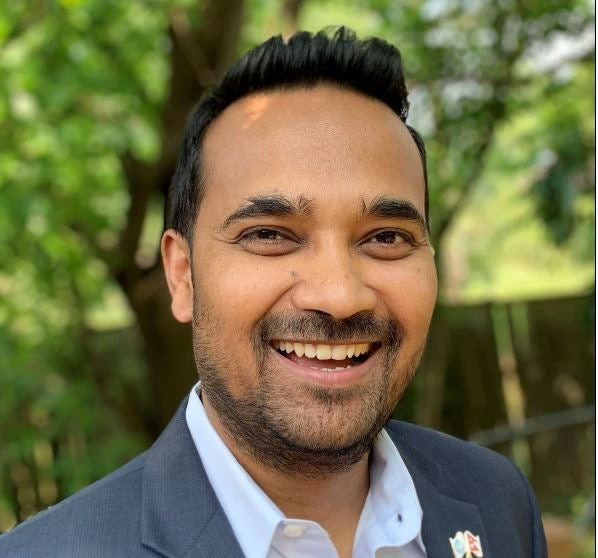If you live in a country where electricity never or rarely goes out, you are lucky. In my country, Nepal, we are pleased when we get uninterrupted electricity for even eight hours a day.
Like Nepal, many countries around the world struggle to deliver basic services to their citizens. But things are slowly improving.Here are five examples of how technology is improving public services.
1. Participatory budgeting

In the Democratic Republic of Congo, citizens of South Kivu Province are using “mSurvey” to obtain information about budget meetings. Using just their mobile phones, they can actively monitor, discover what was decided at meetings, and evaluate those decisions via online voting. The Participatory Budgeting project encourages accountability by actively reminding local authorities of their commitments while ensuring that citizens are getting services they deserve.
2. Addressing policy challenges
How often do you get to co-design solutions to address problems in your city or country? Residents of Rio Grande Do Sul State, Brazil, are able to do that via their “Governor asks” initiative. More than 60,000 citizens have submitted proposals via mobile, web and face-to-face exchanges to address policy challenges.
3. Checking schools and toilets
A community monitoring tool on educational services in the Philippines called CheckMySchool uses technology to motivate government responsiveness for development results. For example, locals are using CheckMySchool to crowdsource reports on the quality of toilets in schools . This incentivized government authorities to respond to the reports: first with inspections and second with funding to improve the poor facilities.
4. Transforming relationship between citizens and public services

Kerala, a beautiful state in India, is using the internet to improve its public services . A program called Akshaya is starting to transform the relationship between citizens and public services. Akshaya makes it easy for citizens to obtain a driver’s license or keep the government accountable. Akshaya “focuses on efficiency, equity and transparency of services by reducing the burden of physical visits to separate agencies, providing ready access to information, diminishing the discretion of officials, curtailing leakages and corruption in services delivery.”
5. Providing feedback in real time

Wouldn’t it be helpful if you could easily report in real-time if a teacher doesn’t show up for class? OnTrack is an engagement mechanism that allows citizens to provide feedback to government implementing agencies of World Bank financed programs. OnTrack uses SMS, web and interactive mapping to engage citizens who can hold their governments accountable and improve services. OnTrack is currently being implemented in Bolivia, Ghana, Nepal and Zambia.
Have something to add to this list? Share it in the comments!


Join the Conversation